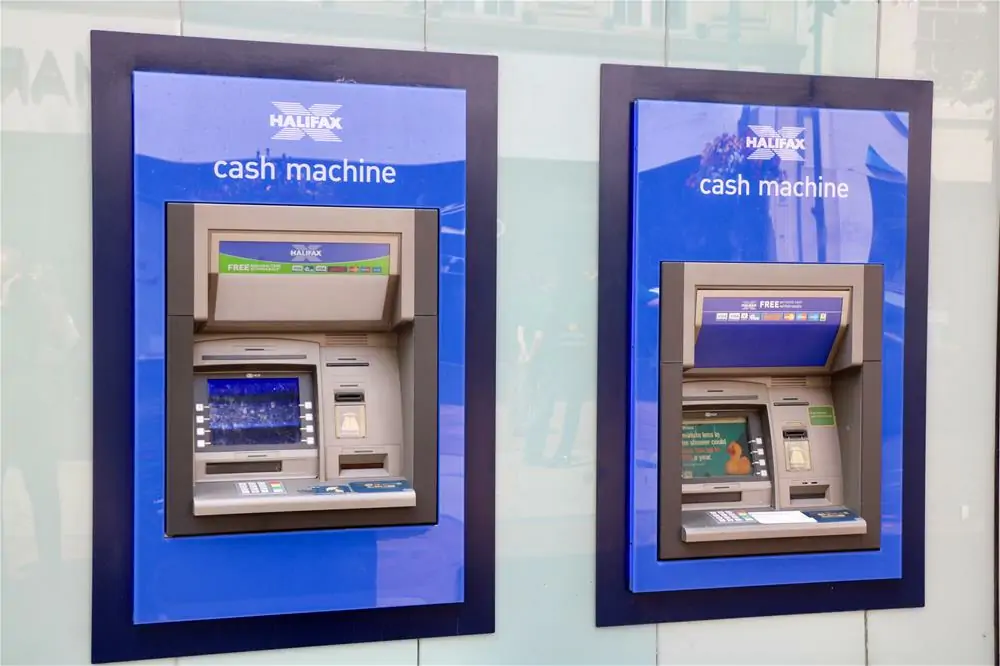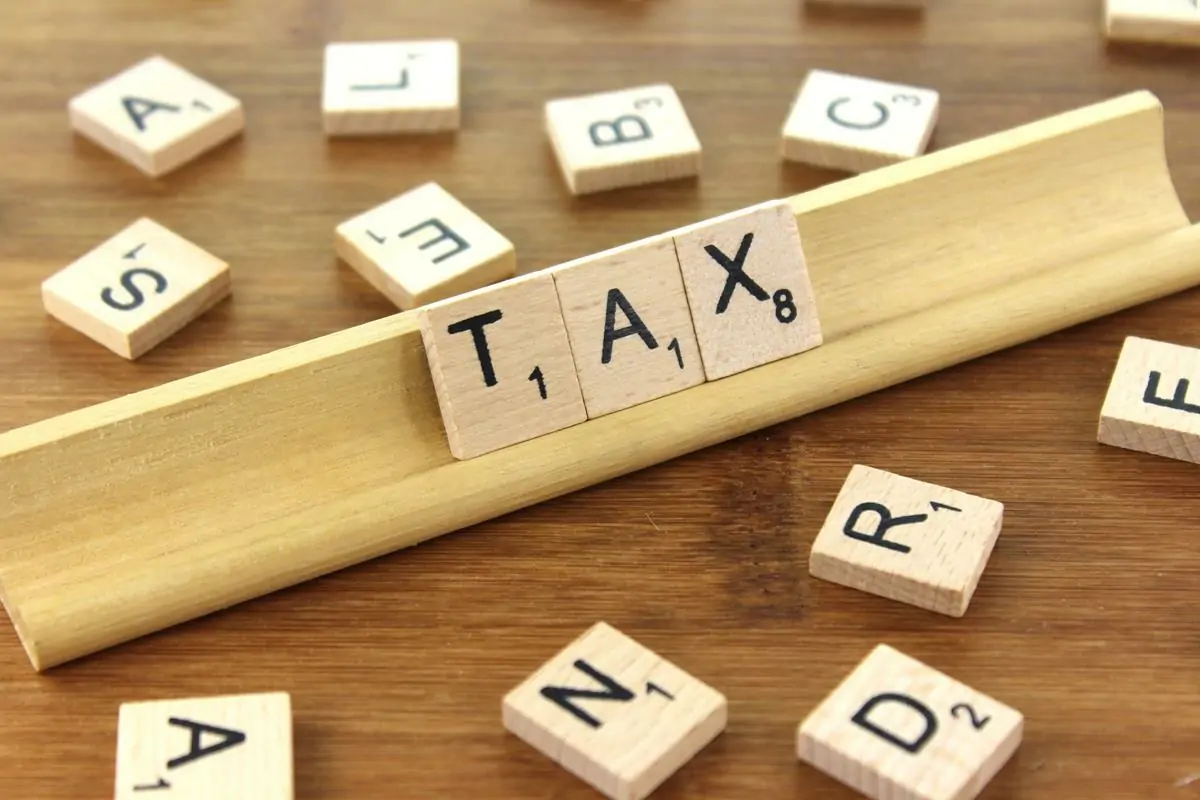
Should you offer your employees a company car?
12 Aug 2016Employee perks tax and accounting considerations
In the past a company car was a fairly common (and popular) business perk for employees, particularly for executive-level staff. However, there are a number of tax implications and administrative burdens that come with running a company car scheme, and they may just make small business owners think twice before handing over the car keys.
If you need advice on any types of employee incentives or benefits or tax, accounts, payroll, vat or business strategy, we would love to talk to you.
Reclaiming VAT
The first thing to consider is that VAT-registered businesses can normally only reclaim 50% of the VAT they pay on cars leased for employees, and can’t reclaim any VAT on cars the company purchases outright for use by individual staff members.
The reason is that most company cars offered to employees as a perk are used for personal travel as well as business travel. In theory companies can reclaim 100% of the VAT on company cars if they can prove beyond doubt that the car is used exclusively for business use, but it can be very difficult to convince HMRC that this is the case and most companies don’t even bother trying.
The one exception is ‘pool cars’, where cars are not allocated to any one employee but are pooled for exclusive business use by all staff. In those cases 100% of the VAT can be reclaimed (assuming the company is VAT-registered, of course), provided none of the employees use the car for personal use (including driving to or from work), and the car is never parked overnight at or near any employee’s personal residence.
Capital allowances
Secondly, the cost of acquiring many company cars outright can’t be immediately offset as a capital allowance. This is because cars don’t qualify for the Annual Investment Allowance, and must be written down via the Writing Down Allowance instead.
How much of the cost can be written down in year one (and any subsequent years) will depend on the car’s CO2 emissions (and whether it’s a new car or second hand):
- If the car’s CO2 emissions are 75g/km or less, 100% of the price of the car can be written down (i.e. deducted from profit before calculating corporation tax) in the first year, provided it is a new car. Currently this means only new electric cars and some smaller hybrids qualify for first year allowances.
- If the CO2 emissions are between 76g/km and 130g/km the rate at which the car can be written down as a capital allowance is 18% each year.
- For CO2 emission levels greater that 130g/km the writing down allowance rate is just 8%.
Second hand cars with CO2 emissions of 130g/km or less can be written down at 18% each year, while the tax deduction for second hand cars with emission levels greater than 130g/km is 8% a year.
Tax for employers
Thirdly, if your small business offers company cars to employees you must pay Class 1A National Insurance Contributions on the taxable value of those cars, which is taxed at a rate of 13.8%.
Class 1A NIC must also be paid on any fuel given to employees for personal use (the fuel scale charge can be used to work out how much tax needs to be paid on fuel).
The tax due on company cars and private fuel is collected through PAYE via an adjustment to the PAYE code, and employers have an additional administrative burden since they must complete form P46 (Car) every quarter in order to provide HMRC with a regular update on company car usage.
A more tax-efficient alternative for company cars?
A better strategy, at least from a business perspective, may be to offer employees an annual car allowance, which effectively amounts to a pay increase in lieu of a company car.
In this way, employers avoid the tax and administrative burden that comes with leasing or buying company cars for staff, while employees avoid benefit-in-kind taxation and are afforded greater flexibility to decide whether to buy a second hand car, use their existing car for business travel (and claim a mileage allowance) or purchase a new CO2-efficient vehicle.
Using a company vehicle to advertise your business
Of course, many businesses do still decide to offer company cars to their key employees, despite the obvious tax inefficiencies. In fact, according to data from the Department of Transport 55% of all new cars registered in 2015 were company cars. While in some cases this is because the status and apparent financial benefit of a company car might help a business attract and retain the right staff, in other cases company cars can serve as an effective marketing vehicle (pun intended).
For example, estate agencies, driving instructors and courier companies can choose to brand their company cars with their logos, slogans, phone numbers and web addresses, helping to promote their small business while staff make use of this increasingly expensive business perk.





















